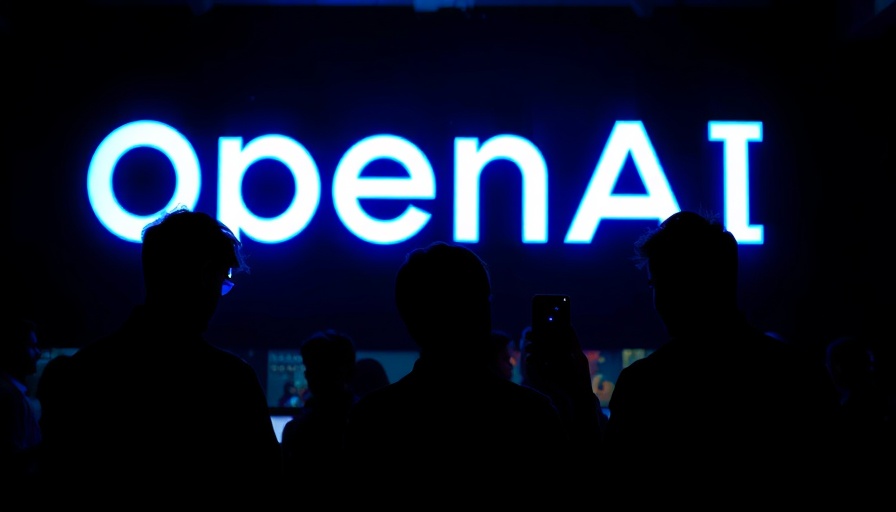
OpenAI Faces Talent Exodus as Key Researchers Move to Meta
The tech world is once again witnessing a significant shift of talent, as four well-regarded researchers have left OpenAI to join Meta. Their departure is not only a loss for OpenAI but signifies a broader trend as companies like Meta aggressively vie for the brightest minds in AI.
The Implications of Talent Migration
This latest transition underscores the competitive landscape of artificial intelligence, especially in the race to develop superintelligent systems. The newly hired researchers at Meta—Shengjia Zhao, Shuchao Bi, Jiahui Yu, and Hongyu Ren—bring invaluable expertise to the table. Zhao's deep learning experience and Ren's leadership in post-training for crucial AI models are just a few highlights that could pivot Meta towards closing the gap with industry leaders.
The Financial Incentive: A Game Changer?
Reports indicate that OpenAI's CEO Sam Altman acknowledged Meta's aggressive approach to recruitment, suggesting that Meta has been making offers as high as $100 million in signing bonuses. Such financial incentives can be game-changing in tech negotiations, especially in fields characterized by fierce competition for limited human resources. The decision by high-profile researchers to accept these offers raises questions about the future stability of OpenAI and the implications of financial clout in the tech sector.
Understanding the Current AI Landscape
The departure of these key figures comes on the heels of OpenAI's recent loss of three researchers from its Zurich office, indicating a troubling trend. With tech giants like Google and Anthropic also in pursuit of top talent, the AI field is rapidly evolving. For companies positioned in this sector, retaining talent should be a top priority—perhaps even more than financial incentives.
The Future of AI Research Teams
As Meta ramps up its efforts, it's worth considering the future of AI development. Teams that combine creativity with advanced technical skills like those of Zhao and Bi could lead to breakthroughs that change the landscape of what AI can achieve. Consequently, businesses and tech leaders should keep a close eye on how these moves impact overall innovation and the competitive balance within the industry.
Strategic Moves in a Competitive Environment
Given the ongoing developments, business professionals in tech-driven industries should consider actionable insights drawn from this talent migration. How can organizations safeguard their intellectual capital? One potential strategy includes fostering a culture of innovation that emphasizes continuous learning and development. By investing in employee growth and offering competitive benefits beyond direct financial rewards, companies can mitigate the risks associated with talent loss.
This ongoing talent shift reveals the intricate interplay between finance, creativity, and technology within the AI sphere. As competition heats up, organizations aiming to attract and maintain top researchers must recognize that an appealing workplace culture is just as essential as monetary incentives.
Engagement Is Key: Why Should You Care?
If you are a CEO, marketing manager, or business professional in a tech-centered environment, the developments surrounding OpenAI and Meta highlight critical issues that could affect your organization. From recruitment strategies to tech innovations, understanding these dynamics can help you make informed decisions that steer your business toward success.
In the rapidly evolving AI landscape, staying ahead means being aware of the shifts in talent and having strategies in place to retain your assets. By closely monitoring the tech market and its evolving players, you can better position your business for both current and future challenges, ensuring resilience as the industry continues to mature.
 Add Row
Add Row  Add
Add 




Write A Comment